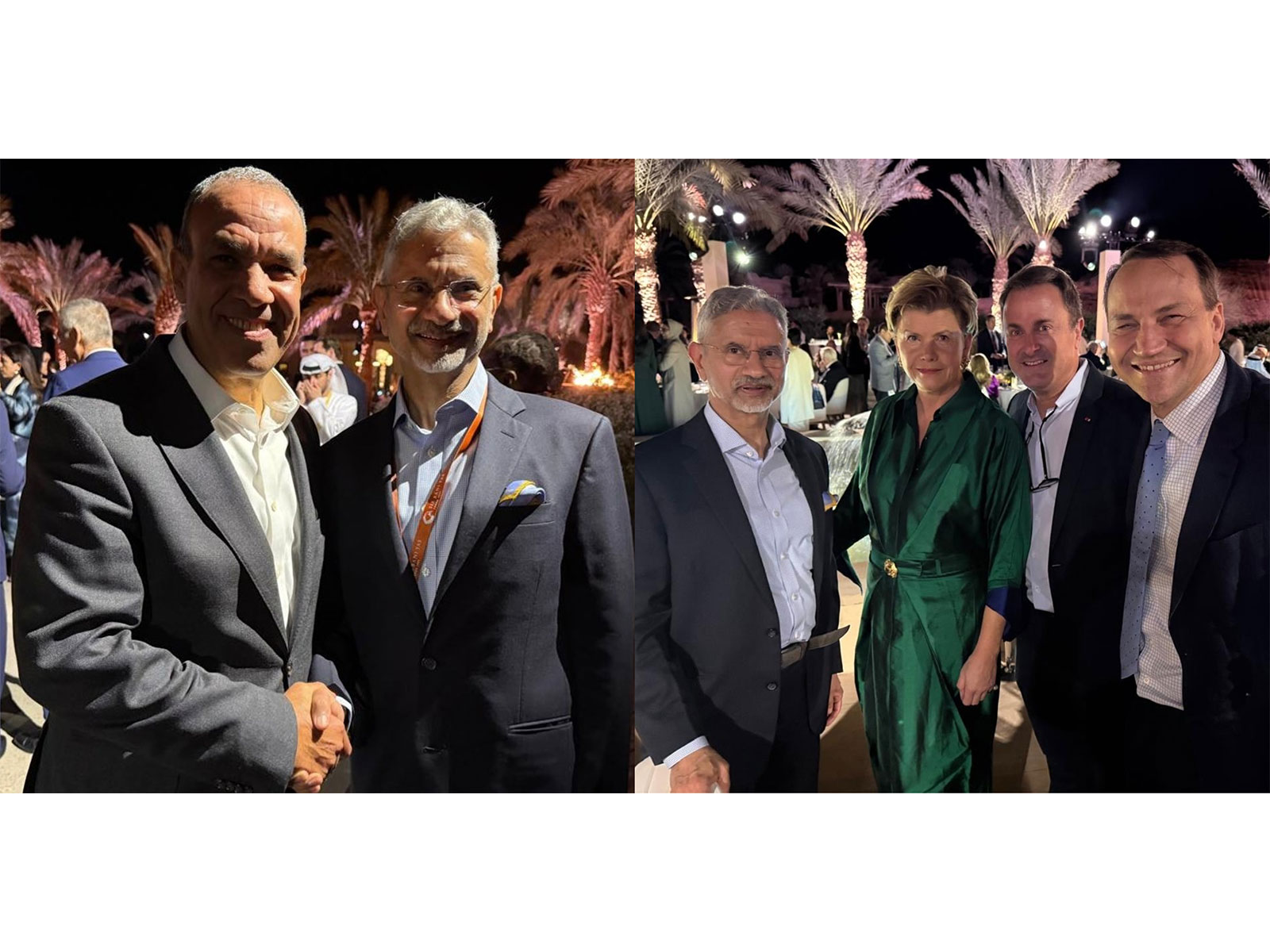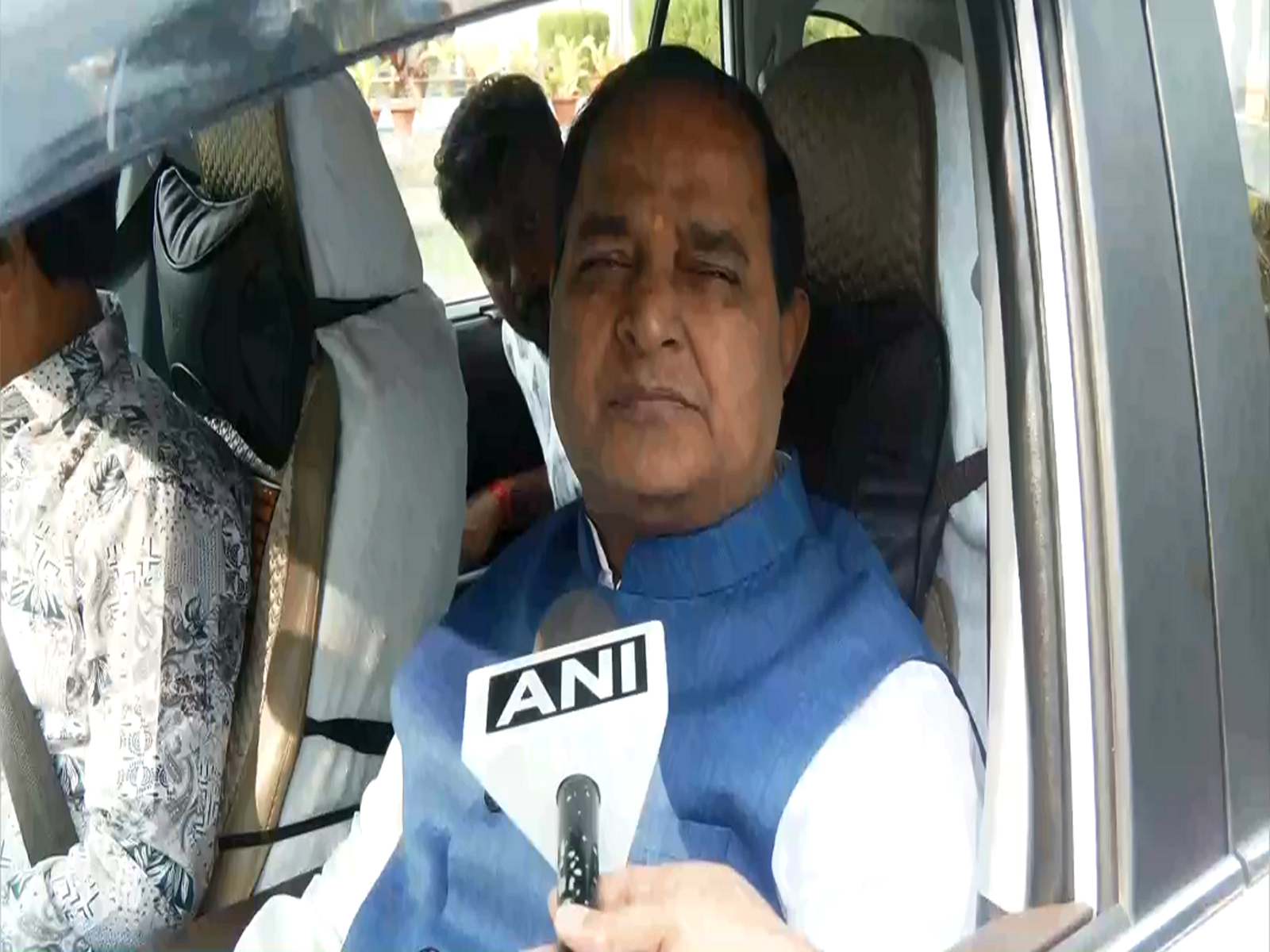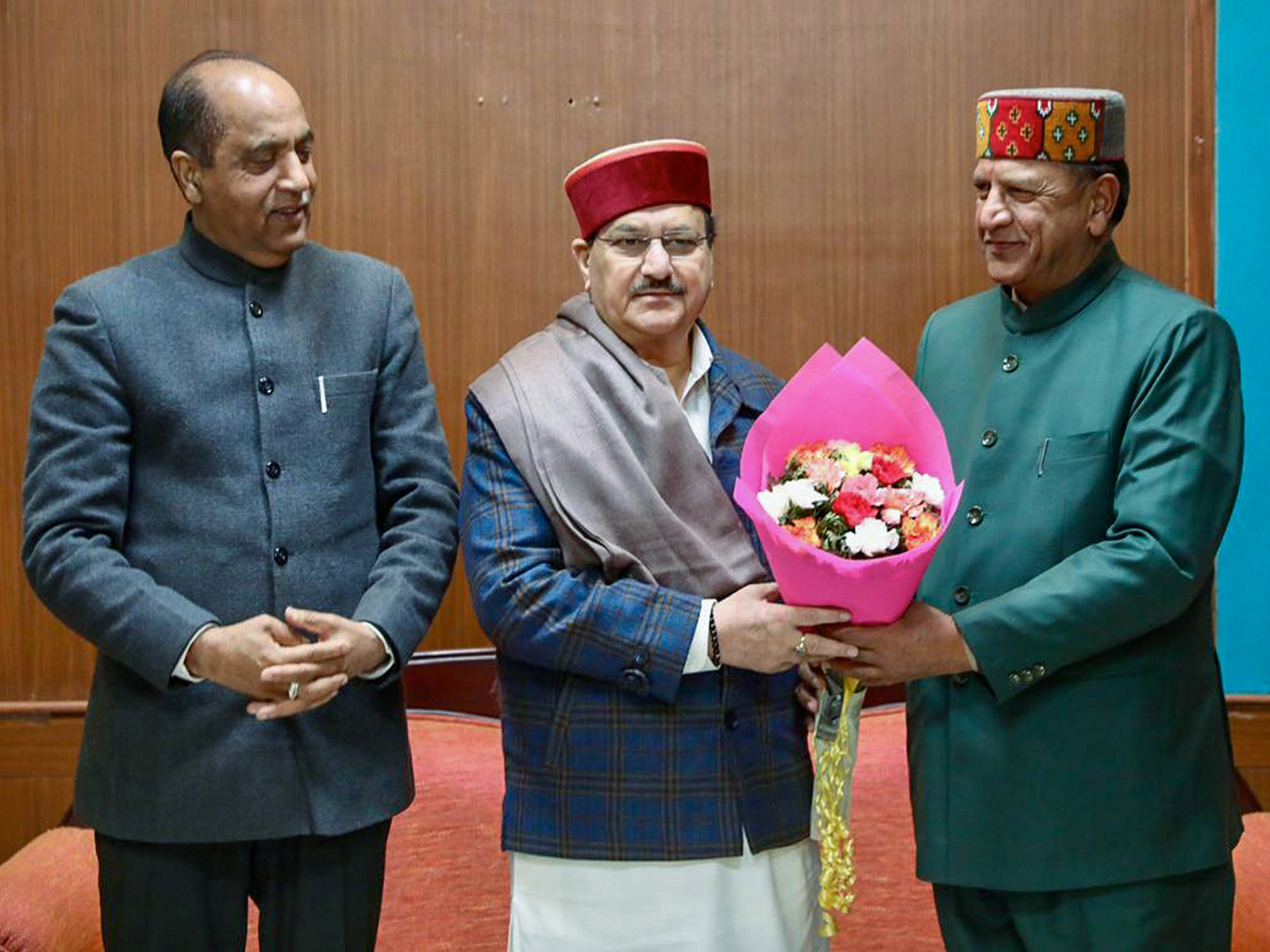COVID-19 a 'black swan event', impact on global order, future of Asia yet to be comprehended, says Jaishankar
May 20, 2021

New Delhi [India], May 20 : External Affairs Minister S Jaishankar on Thursday termed the ongoing COVID-19 pandemic a "black swan event" and said its impact on the global order and future of Asia is yet to be comprehended.
Addressing the 26th 'Future of Asia' Conference, the Minister said: "The COVID-19 crisis is a black swan event for the country as well as the entire world. Its long term impact on global order and future of Asia is yet to be comprehended."
Jaishankar also spoke about shaping of the post-coronavirus era with specific relevance to the role that Asia would play. He said among other things coronavirus disease has reshaped the world by changing the perceptions and calculations of nations about each other and the world by bringing out the value of trust and transparency and the importance of reliable supply chains.
He also said that the pandemic is a global challenge that requires nothing less than global solutions.
"This COVID pandemic is the most serious in living memory but it should be seen as a recurring challenge, not as a one off. It demands international cooperation on a scale that could not have been conceived of earlier. No national capacity however large is adequate," the Minister said.
He added that better international cooperation can also be facilitated by improved national capacities.
"If India is to make a real contribution to Asian and global economic recovery, it can start by helping itself more. Even while the COVID-19 was ongoing last year, bold reforms were undertaken in industry, agriculture, labour and education," he said.
The Minister further said that India aims to make manufacturing globally competitive by removing sectoral disabilities, creating economies of scale and ensuring efficiencies.
"By creating a level-playing field and encouraging a component eco-system, it will integrate India deeper into the global supply chain. Already, the global response to the PLI initiative has been strong. Coupled with an improvement in India's position in the World Bank's Ease of Doing Business rankings - 63 (2020) from 142 (2014) - it would enhance our economic relevance," he added.
He also spoke about India's renewable energy target of 450GW by 2030.
"As one of the few G20 economies adhering to its Paris commitments, India's 15 per cent energy efficiency savings, shift to LED lighting with 367 million bulbs, moving 80 million households from biomass to LPG cooking and being among the top three nations to expand forest cover in the last decade are examples of seriousness," Jaishankar said.

















